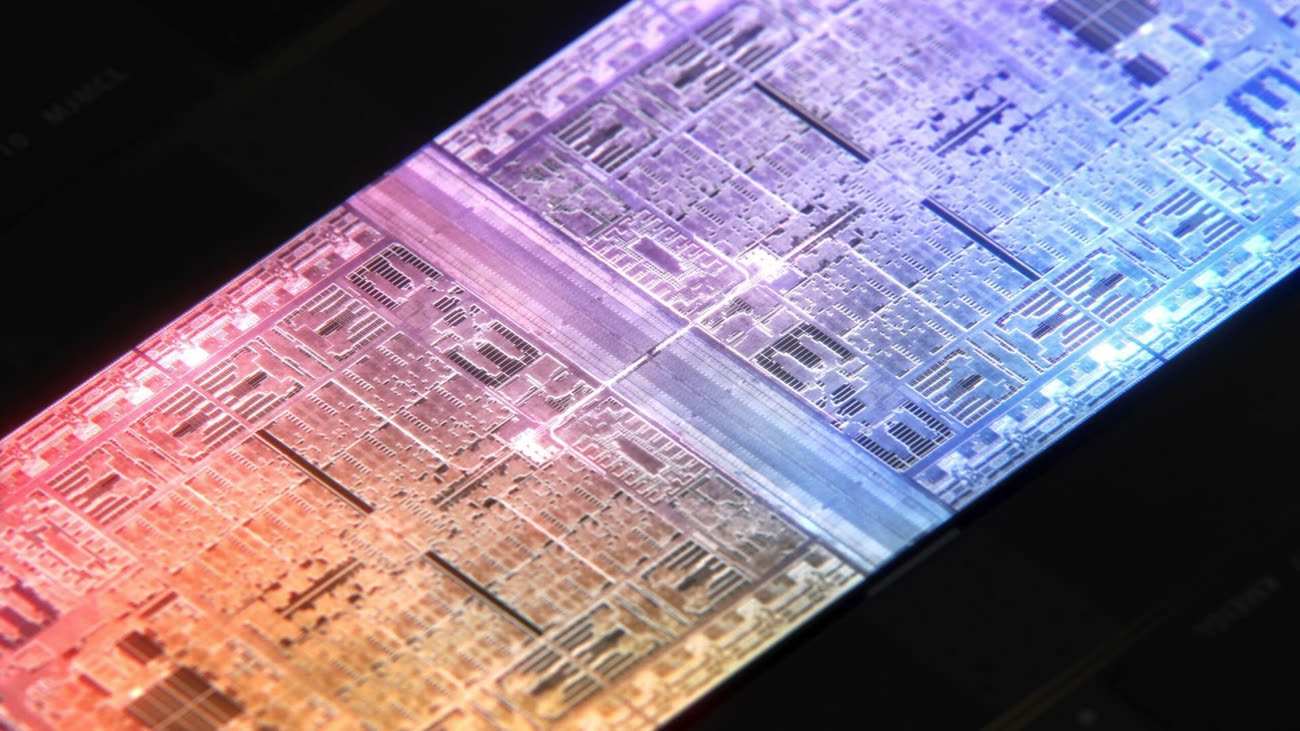As previously said, this does not imply that the business would manufacture A-series and M-series chips in the US since its Arizona facilities would still trail behind those in its native Taiwan. According to a recent study, these facilities may produce less innovative processors for Apple products, although this would only be done for public relations objectives.
TSMC Decides to Manufacture a Second $12 Billion Arizona Facility Amid Growing Demand
The construction of a $12 billion chip manufacturing facility in Arizona was announced by the Taiwanese Semiconductor Manufacturing Company (TSMC) back in 2020. The primary chip facility’s construction was finished in August, and manufacturing is expected to start in 2024. If the plant would create Apple chips is still a mystery. Apple aggressively fought for subsidies for the facility, indicating that this was the objective, whereas TSMC only made a few comments that seemed to imply that the fab would be for 5nm chips. This would exclude it from consideration for any forthcoming Apple processors since it is believed that Apple would switch to a 3nm technology a year before the plant is scheduled to open. Although Apple and TSMC may have switched to 2nm processes by the time the facility opens due to the lengthy lead periods on new plants, the fact that it is prepared for the most cutting-edge technology does indicate that the goal is to keep Arizona abreast of the most recent chip advancements. Future Apple chips being produced in Arizona seems more plausible than not given the hazy political future of Taiwan and the PR points Apple would get for US chip manufacture. The M2 chip, in the form of M2 Pro and M2 Max variations for the forthcoming MacBook Pro models, is anticipated to be the first to be improved to 3nm. An M2 Extreme processor, with a 48-core CPU and 160-core GPU, is anticipated to be included in a brand-new Mac Pro. The 3nm technology utilized for the A17 processor in the iPhone 15 is considered to be the next step for the iPhone.
